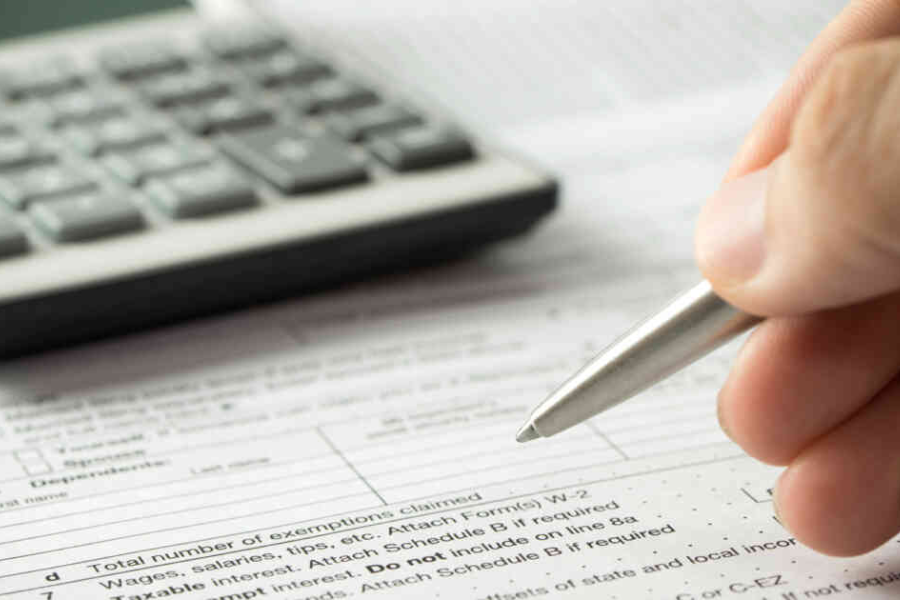A Comprehensive Guide to Business Taxes in Bonfield
Operating a business in Bonfield entails certain responsibilities, one of which is managing your taxes. For many small business owners, navigating the complexities of tax obligations can be daunting. This guide aims to provide a straightforward overview of business taxes in Bonfield, helping you understand what you need to pay, how to file, and tips for streamlining the process.
Understanding Business Taxes in Bonfield
As a business owner in Bonfield, it’s crucial to be aware of the various taxes that apply to your company. Whether you’re launching a new venture or have been in business for years, understanding your tax responsibilities is essential. Common business taxes include corporate income tax, sales tax, payroll tax, property tax, and self-employment tax.
Key Types of Business Taxes in Bonfield
Familiarizing yourself with the different types of taxes is vital for smooth business operations. Here are the main taxes you may encounter:
Corporate Income Tax
If your business is structured as a corporation, you must pay corporate income tax based on your profits. This tax is calculated after accounting for expenses and deductions.
Important Considerations:
- Corporate tax rates can vary depending on your income.
- Keeping detailed financial records is essential for accurate reporting.
Sales Tax
Businesses that sell products or services need to collect sales tax from customers, which must be remitted to the government.
Important Considerations:
- Ensure you apply the correct sales tax rate.
- Regularly file your sales tax returns to avoid penalties.
Payroll Taxes
If you have employees, you must manage payroll taxes, which include withholding federal and state taxes from their wages and contributing to Social Security and Medicare.
Important Considerations:
- Payroll taxes are a significant financial responsibility.
- Using payroll software can help you stay organized and compliant.
Property Tax
Businesses that own property are subject to local property taxes, which fund community services.
Important Considerations:
- Property tax rates depend on the assessed value of your property.
- Budgeting for property taxes is important, especially in high-value areas.
Self-Employment Taxes
Sole proprietors or small business owners must pay self-employment taxes, which cover their contributions to Social Security and Medicare.
Important Considerations:
- Self-employment tax rates are usually a fixed percentage of your income.
- Set aside funds quarterly to avoid surprises at year-end.
Filing Business Taxes in Bonfield
Now that you understand the types of taxes you may face, let’s discuss the filing process. Although tax filing can feel overwhelming, following these steps can help ease the burden:
- Maintain Detailed Records
Keeping accurate records of income, expenses, wages, and tax payments is crucial. Well-organized financial documentation simplifies tax filing and minimizes errors. - Utilize Tax Software or Professional Assistance
Consider using tax software to streamline your filing process. If you feel uncertain about tax regulations, hiring a tax professional can provide invaluable guidance, including finding potential deductions. - Timely Filing
Meeting tax deadlines is crucial to avoid penalties and interest charges. Familiarize yourself with the due dates for the various taxes your business is responsible for. - Plan for Quarterly Payments
Many businesses are required to make estimated quarterly tax payments, particularly for income and self-employment taxes. Planning ahead can alleviate financial strain during tax season.
Tips for Effectively Managing Your Business Taxes
- Set Aside Funds: To prepare for tax obligations, set aside a percentage of your revenue throughout the year.
- Stay Informed: Tax regulations can change frequently. Keeping up with updates will help you stay compliant and may save you money.
- Seek Professional Guidance: Consulting with an accountant or tax expert can help maximize your deductions and prevent costly mistakes.
Conclusion
While business taxes in Bonfield may seem complicated, understanding the different types and management strategies is key to successful business operations. By staying organized and informed, you can meet your tax obligations with confidence.
Following the guidance provided here can help simplify the tax process, allowing you to focus more on growing your business. Don’t hesitate to seek help from tax professionals or invest in tax software to make filing easier.
FAQs
What taxes are businesses required to pay in Bonfield?
Businesses in Bonfield typically pay corporate income tax, sales tax, payroll tax, property tax, and self-employment tax if applicable.
How can I ensure accurate filing of my business taxes?
Keeping organized financial records, utilizing tax software or professional services, and filing on time are essential for accurate tax management.
Are there penalties for late tax payments in Bonfield?
Yes, late filings or payments can incur penalties and interest. It’s vital to adhere to all deadlines to avoid these additional costs.
Should taxes be paid annually or quarterly?
This depends on your business structure. Many businesses are required to make estimated quarterly payments, especially for income and self-employment taxes.






